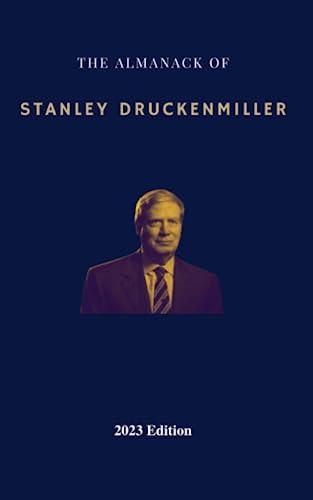Question
A company produces 200,000 units a year and expects output levels to remain steady in the future. It buys chains from an outside producer. The
A company produces 200,000 units a year and expects output levels to remain steady in the future. It buys chains from an outside producer. The manager believes that the chains can be made in house at an additional cost of $0.40 per chain. However, the manager believes that the quality of the product is slightly better and shell be able to add $1.0 to the selling price per unit without reducing the 200,000 units sold per year. The new machinery would cost $260,000 and the entire cost would be depreciated straight line over 10 years. The inhouse production would require $26,000 of inventory and other working capital upfront (year 0), which can be recovered at the end of the 10th year. The proceeds from selling the machine after 10 years would be $20,000. The company pays a tax rate of 20%. a. What are the incremental annual cash flows associated with changing the production of the chains from outsourcing to in-house? b. What is the IRR of the option to switch to an inhouse production of the chains?
Step by Step Solution
There are 3 Steps involved in it
Step: 1

Get Instant Access to Expert-Tailored Solutions
See step-by-step solutions with expert insights and AI powered tools for academic success
Step: 2

Step: 3

Ace Your Homework with AI
Get the answers you need in no time with our AI-driven, step-by-step assistance
Get Started


